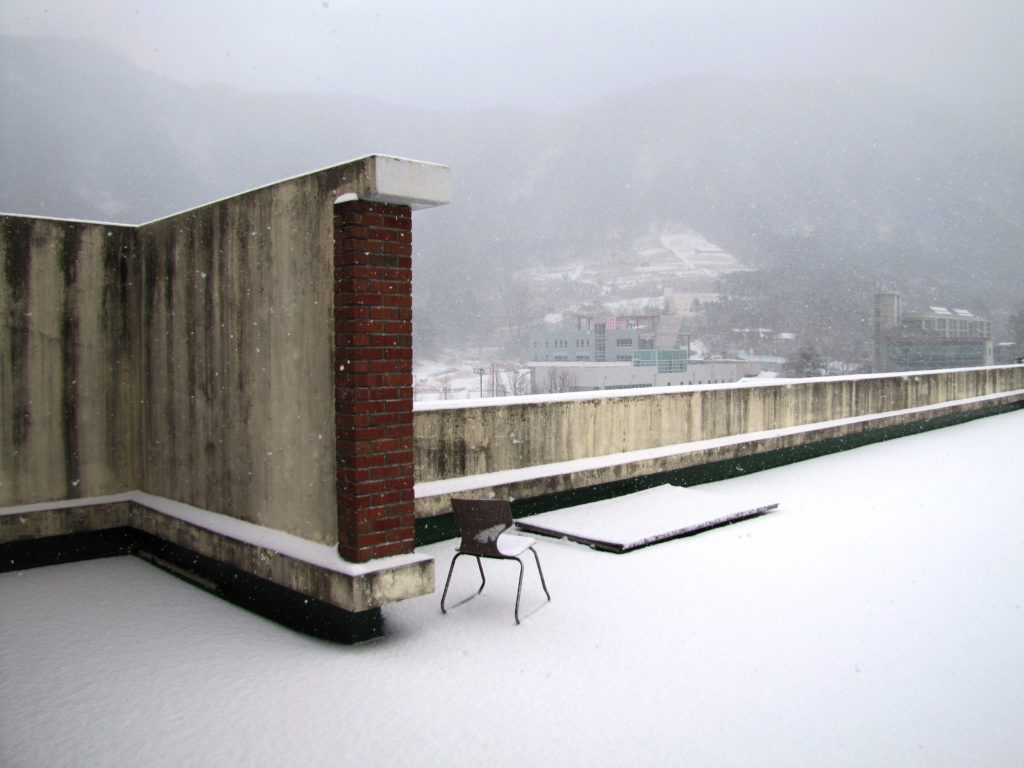Economist, Heal Thyself
The other day, I listened to a recent Hoover Institution interview with Thomas Sowell, in which the interviewer, Peter Robinson, a milquetoast Republican type, asked Sowell to assess the presidency of Donald Trump. To be precise, he cited Sowell’s friend and fellow free market defender Walter Williams, who while criticizing Trump’s character nevertheless believes that he is “a good president,” offering as evidence the alleged economic results of certain of his policies (tariffs excepted, of course). The host then asked Sowell whether he concurred with that judgment.
Here is the exchange:
As a long-time Sowell admirer, I was saddened to hear the last honest man in the academy essentially agree with Williams: Yes, Trump’s character is undesirable — and Sowell says he turns off the television whenever Trump appears, just as he did with Obama — but he concedes that Trump deserves high marks for the strong economy, and in particular the low unemployment rate. He even accuses the critics of being “immune to facts,” as though the only facts that mattered were economic facts.
Interestingly, a prominent element of most Sowell interviews is the theme of his 2012 book, Intellectuals and Society, in which he warns America against the excessive political influence of academics who, merely because they are respected in a particular field of study, claim (and are tacitly granted by society) the mantle of political sage, which sagacity they are only too happy to dole out from behind the respectable barricades of their diplomas, university chairs, and publication records. The problem, as Sowell correctly observes, is that these academics are by trade and training narrow specialists, and yet think they are qualified to pontificate about how society should be organized, in spite of the fact that their true areas of expertise are usually unrelated to matters of political theory. (He cites linguist Noam Chomsky as a typical and prominent example.)
And yet, while listening to his generally approving remarks about Trump as president, I could not help turning Sowell’s own thesis back on him in my mind. For his argument, in agreement with fellow economist Williams, was in effect that Trump, warts and all, must in the end be judged a good President of the United States because the economy is booming. This position may appear somewhat reasonable or even principled, on its face, until one aims a light at its hidden premise or unstated presupposition, namely that economic pragmatism is the measure of the political good. In other words, Sowell’s implication is that a president may be properly evaluated exclusively on grounds of economic utilitarianism.
What is such an argument, however, once its hidden premise is revealed, but an example of an economist mistaking his own narrow field of expertise as qualification to pass judgment about matters well beyond the limits of his specialized knowledge?
Here is a question for Sowell, Williams, or any other free market economist, one which I have asked rhetorically on previous occasions: If, as a matter of practical reality, communism were found capable of producing economic growth and general material benefits, would that make communism — the radical suppression of individual thought and action, the state regulation of daily life, the elimination of private property, the denial of all substantial self-determination — a just and good political structure? In other words, if economic utilitarianism is the proper standard of political judgment, then does that not make the only legitimate grounds for criticizing tyranny its inability to produce material prosperity? Thus, if the economic failure of communism were somehow transformed into a booming success, would that not, on this utilitarian standard, justify such a system?
The problem for Sowell is not merely that the hidden premise of his defense of Trump would seem to force the economist to answer yes to my question about communism. More fundamentally, the problem is that my question cannot be answered from within the province of economics, as it addresses an issue belonging to a realm of thought above the narrow range of specialized inquiry presided over by economists. That is, economics may be able to tell us how and why things happen within an economy, granting certain conditions; but it is, by necessity, neutral on the question of the relative human worth of this or that economic function or outcome. This inherent and insuperable limitation or defining border of economics demonstrates why political philosophy, rather than any social science, is the most urgent theoretical need during a civilizational crisis. Philosophy is the science of the Good, which is to say the science of proper ends, which is to say the science of human nature. It is therefore by definition engaged in the search for and evaluation of purposes, and, on occasion, the prescription of courses of action based on those purposes. Economics, by contrast, is by definition non-prescriptive, because it does not and cannot answer the essential question of ends: What is best for beings of our nature? Only philosophy is inherently suited to answer such questions. Unfortunately, this natural limit of their discipline never stops economists from confusing the presuppositions built into their “models” with ultimate truths of human nature, and therefore imagining they are qualified to make broad assertions about the political good based on those artificial (and usually false) presuppositions.
Thomas Sowell says, correctly, that the intellectuals are asserting too much influence in modern political discourse. Sowell means by “intellectuals” academic specializers, men of narrow professional expertise whose professional perspectives are by nature too narrow to afford them any broader understanding of the whole. Would this limitation of the academic specialties not also apply to the great economist Thomas Sowell?
Sowell and his interviewer proceeded to engage in a little collegial psychologizing about the so-called NeverTrumpers, attempting to take a sympathetic view of the reservations expressed by Trump’s more unbending critics. As Sowell depicts them, the NeverTrumpers are people who, in spite of the many agreeable results of the Trump presidency, are simply, and perhaps too stubbornly, unable to overlook their understandable distaste for Trump’s character in order to assess the practical benefits of his presidency so far.
Here again, however, the hidden premise of Sowell’s support for Trump — his pragmatic utilitarianism — leads him astray. For the NeverTrump case is not, and has never been, that “Trump is a negative force in too many secondary ways, even though his policies may be good for the primary concern, i.e., the economy.” The serious NeverTrump case, insofar as it is reducible to just one position, entails an outright rejection of Sowell’s presupposition that the political good is essentially a pragmatic economic matter. Neither Sowell nor any other economist, as such, can offer any meaningful rebuttal for that. (The best an economic utilitarian can offer might be something like, “But everyone desires material comfort,” which is not an argument, but rather a naïve, unexamined presupposition.)
In sum, when it comes to political theorizing and the evaluation of political movements, economics cannot live without philosophy, whereas philosophy can live very well without economics. Or more precisely, economics cannot encompass philosophy, but philosophy can and does encompass economics, properly understood. The difference between philosophy and economics (or between philosophy and any other “social science,” for that matter) is analogous to that between a master art and a subordinate skill, as for example between architecture and roofing. Sowell and Williams are thus defending a moronic progressive authoritarian demagogue on grounds analogous to defending a house with four-foot-high ceilings, gaping holes in the floor, and a crumbling foundation, by saying, “It’s an excellent house overall; just look at those evenly-laid roof tiles.”
Thomas Sowell is a better man than this, and has written very informatively about matters ranging well beyond his economist’s milieu. In this case, however, it seems that you can take the man out of Milton Friedman’s shadow but you can never take Milton Friedman’s shadow out of the man. Perhaps Sowell should stop disdainfully turning off the television when Trump comes on. He should listen. He should reckon. He should apply his historical sense and revisit the deeper reservations that caused him to utterly shun the Trump cult in its early days. Basing one’s final judgment of a president on something as nebulous and morally neutral as an “economic boom” is the sort of folly only an economist — that is, a social scientist without broader perspective — would engage in. Sowell’s legacy deserves much better.



